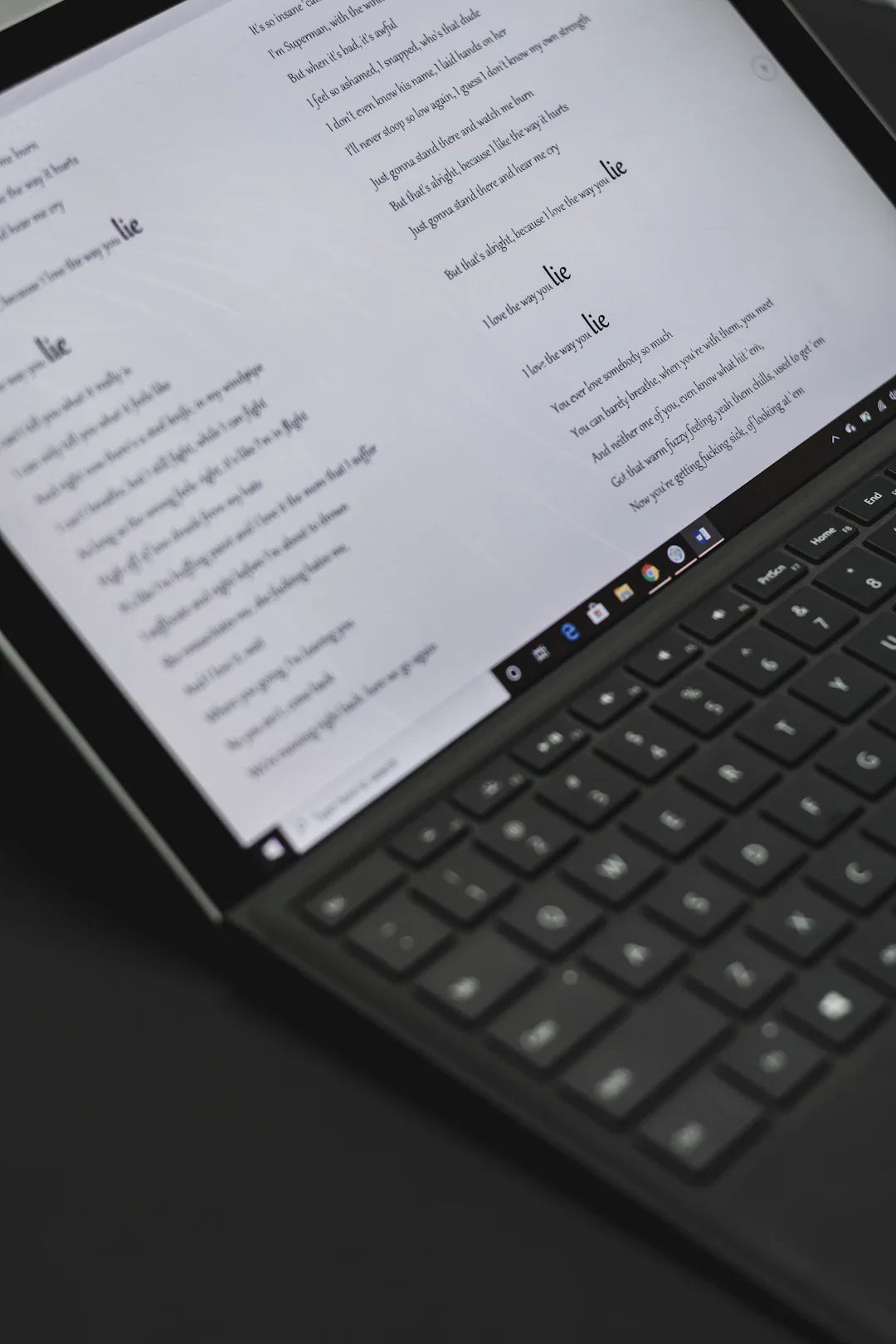Frequently Asked Questions
1. What is the relationship between hearing aids and ageing?
2. What are some common causes of hearing loss in older adults?
3. Why is timely hearing care important for the elderly?
4. What types of hearing aids are available?
5. What lifestyle changes can promote better hearing health?
As we age, many aspects of our health demand extra attention, and our hearing is no exception. While hearing loss is commonly perceived as an inevitable part of getting older, it doesn't have to dictate your quality of life. With advancements in hearing technology, such as the Widex Moment 220, and accessible hearing care services, there are numerous options available to help improve hearing and communication. In this article, we'll explore the relationship between hearing aids and ageing, what you should know about hearing loss, and how to effectively manage it through professional care and innovative solutions.
Understanding Hearing Loss in Older Adults
As we age, the structures within our ears can undergo changes that lead to hearing loss. This condition affects roughly one in three people aged 65 and older, making it a widespread issue that deserves attention. Understanding the common causes of hearing loss in older adults can empower individuals to seek appropriate hearing care.
Common Causes of Hearing Loss
- Age-Related Hearing Loss (Presbycusis): A gradual loss of hearing ability due to natural ageing processes.
- Noise-Induced Hearing Loss: Prolonged exposure to loud noises can damage the hair cells in the cochlea.
- Ear Infections: Chronic infections can contribute to hearing loss, particularly in older adults.
- Medical Conditions: Conditions like diabetes, cardiovascular disease, and arthritis can impact hearing health.
- Medications: Some ototoxic medications can lead to hearing impairment as a side effect.
The Importance of Timely Hearing Care
Recognising hearing loss early is crucial for maintaining overall wellbeing. Many elderly individuals may not realise they are experiencing hearing difficulties—a condition that can greatly affect their social interactions and mental health. Delaying treatment can lead to isolation and depression, which is why accessing hearing care is essential.
Signs of Hearing Loss
It’s important to be aware of the signs indicating a possible hearing loss:
- Difficulty following conversations, particularly in noisy environments.
- Feeling like others are mumbling or speaking too softly.
- Asking frequently for repetition or clarification.
- Having to increase the volume on the television or radio.
- Avoiding social interactions due to hearing challenges.
The Role of Hearing Aids
For many individuals experiencing hearing loss, hearing aids offer a practical and effective solution. These small electronic devices amplify sound, making communication easier than ever. The Widex Moment 220 is one such option, designed to provide high-quality sound amplification while minimising noise distractions.
How Hearing Aids Work
Hearing aids consist of a microphone, an amplifier, and a speaker. The microphone captures sound from the environment, the amplifier increases the sound's intensity, and the speaker transmits the amplified sound into the ear. With digital technology, modern hearing aids can also adjust to different sound environments, meaning users can enjoy clear hearing whether they're in a quiet room or a bustling café.
Types of Hearing Aids
There are several types of hearing aids available, tailored to meet the unique needs of users. Here are a few popular styles:
- Behind-the-Ear (BTE): Worn behind the ear and connected to an earmold, suitable for various levels of hearing loss.
- In-the-Ear (ITE): Custom-made to fit within the outer ear, offering ease of use and comfort.
- Receiver-in-Canal (RIC): A hybrid design that features a small speaker placed in the ear canal, providing discreet wearability.
- Completely-in-Canal (CIC): The smallest hearing aid, custom-fitted to be nearly invisible in the ear.
Benefits of Using Hearing Aids
Utilising hearing aids can bring numerous benefits beyond just improved auditory perception:
- Enhanced Communication: Clearer sound allows for better engagement in conversations with family and friends.
- Emotional Wellbeing: Reducing feelings of isolation and promoting social interaction can improve mental health.
- Quality of Life: With improved auditory experiences, activities such as attending local events become enjoyable again.
- Safety: Hearing aids help with awareness of surroundings, which is critical for safety during daily activities.
Exploring Hearing Care Options
The journey to better hearing starts with finding the right hearing care professional. A qualified audiologist can conduct a comprehensive hearing assessment to diagnose the level of hearing loss. Based on the evaluation, they will provide recommendations for effective management strategies, which may include the use of hearing aids.
Choosing the Right Hearing Care Professional
When selecting a hearing care provider, consider the following factors:
- Qualifications: Ensure the professional is licensed and certified in hearing health.
- Experience: Look for practitioners with extensive experience in fitting hearing aids and understanding age-related hearing loss.
- Support Services: Inquire if they offer continual care, including follow-up appointments and adjustments to your hearing aid.
- Technology Options: Check whether they provide modern hearing aids, such as the Widex Moment 220, known for their superior sound quality.
Regular Check-ups and Maintenance
Post-purchase, regular check-ups are essential for ensuring that your hearing aids continue to function optimally. Just as annual physicals are important for maintaining overall health, routine hearing assessments can help track any changes in hearing ability. Maintenance also involves cleaning and troubleshooting the devices to prevent buildup or damage.
Tips for Caring for Your Hearing Aids
Here are some effective tips for maintaining your hearing aids in good condition:
- Keep them dry: Moisture can damage hearing aids, so store them in a dry environment.
- Clean regularly: Use a soft cloth and a brush to clean your devices, especially the microphone openings.
- Replace batteries timely: Ensure your devices are always powered for the best performance.
- Avoid exposure to extreme temperatures: Heat and direct sunlight can impair the technology inside the devices.
Beyond Hearing Aids: Alternative Support Methods
While hearing aids can greatly enhance your auditory experience, they are not the only solution available. Other helpful methods can supplement hearing care:
- Cochlear Implants: For severe hearing loss, cochlear implants offer a different approach to sound transmission.
- Assistive Listening Devices: These wearable devices can help amplify sounds in specific situations, such as group conversations or lectures.
- Communication Strategies: Learn and practice effective communication techniques with family and community members to reduce frustration.
- Support Groups: Joining support groups can foster feelings of connection and shared experiences with those facing similar challenges.
Staying Informed: Lifestyle Changes and Hearing Health
Maintaining good hearing health goes beyond just using hearing aids; it often involves lifestyle changes as well. Here are some tips to promote better hearing health as part of your routine:
- Eat a balanced diet: Nutrient-rich foods can improve circulatory health, which benefits the auditory system.
- Exercise regularly: Physical activity promotes blood circulation, which is vital for preserving hearing function.
- Avoid smoking and excessive alcohol: Both can negatively impact hearing health.
- Protect your ears: Use ear protection in loud environments to prevent noise-induced hearing damage.
Embrace Technology: Feasible Solutions for Modern Living
With continuous advancements in hearing technology, users can enjoy innovative solutions tailored to their needs. Devices like the Widex Moment 220 are designed not only for amplification but also for seamless integration with smartphones and other audio devices. These features enhance convenience, allowing users to adjust settings easily based on their environment.
Your Path to Better Hearing Starts Today
Embracing the changes that come with ageing doesn't have to mean losing the ability to communicate and connect with others. By recognising the signs of hearing loss early, seeking professional hearing care, and using solutions like hearing aids, individuals can significantly improve their quality of life. Age is just a number, and with the right support and technologies at your fingertips, you can enjoy an enriching auditory experience that enhances your interactions for years to come. Start your journey to better hearing today by reaching out to professionals who can guide you through the available options and support your hearing health as you age.




